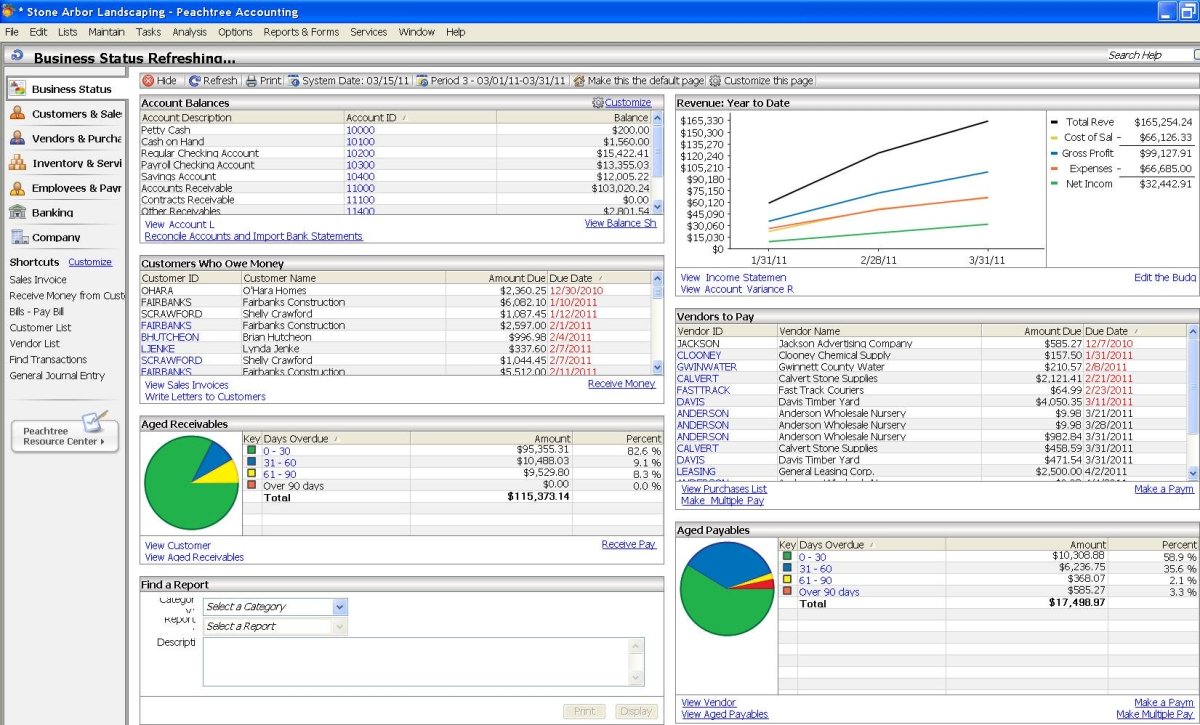Global Accounting Standards as a Possibility in the Near Future
Globalization in today’s world has both positive and negative effects. It affects the quality and standards of life in each and every country. Globalization has become a "buzzword" in the past two decades but it is not a new concept, on the contrary, it has been with humanity for centuries. From the ancient times when a trade was established between Egypt, Greece and the Roman Empire through the creation of the Ottoman Empire. Spanning from Europe to North Africa, the Middle East and eventually leading to the formation of the European Union combining diverse European countries.
In the past few decades, globalization has transformed our world tremendously and began to affect everybody's life. In general, close ties and common regulations has benefited less developed countries while richer economies have paid the higher price than others in the effort to become unified. One may wonder, would unifying in financial world carry more benefits or have a rather negative effect?
As an example, the US accounting standards, GAAP (Generally Accepted Accounting Principles) permits companies to value their inventory using LIFO (last in first out). Therefore, many companies adhere to LIFO because it lowers net income resulting in a lower tax liability. On the other side of a spectrum, IFRS (International Financial Reporting Standards) does not allow LIFO but permits FIFO (first in first out). Switching to FIFO would result in a higher tax liability for many American firms.
The American FASB (Financial Accounting Standards Board) and IASB (International Accounting Standards Board) have been coordinating a convergence project. This project aims at replacing US reporting standards with IFRS. This ongoing process of standardizing financial reporting would drastically impact corporate management, investors, and the accounting profession.
Corporate management of many US based companies are fiercely resisting the convergence project because it would increase their expenses. The immediate expenses associated with compliance include retraining employees and modifying accounting software. In addition, there are other factors to be considered.
IFRS is primarily principles based, while GAAP is rules based, and as a result significant differences exist in the treatment of accounting items. Different reporting methods may adversely affect American companies and as a result corporate managers are reluctant to adopt IFRS.
While US companies resist the convergence project, investor opinions are divided. Investors use ratios, equations, and models to analyze financial statements. For some, adopting IFRS would make these tools useless and new methods would consume much needed resources.
For others IFRS regulations may be a good option such as when a financial institution desires to invest in a foreign country. Having unified standards would simplify financial reporting and eliminate the need of additional work required to convert to foreign standards. If all nations used IFRS it would eliminate many investing difficulties and increase financial reporting literacy. This transparency would lead investors to expand their foreign investments as well as foreign institutions investing in our domestic markets. In both scenarios, unified standards would lead to cash inflow, fueling economic growth at home and abroad.
One cannot talk about the effects of IFRS without mentioning the accounting profession. Accounting is a complex subject and even a simple change has a domino effect on the whole profession. Everything from college textbooks, course curriculum, CPA preparation courses, the CPA exam, financial statements, continuing professional education courses, and online databases must adjust to the new standards. Radical change in the form of IFRS would have a great impact on current organizations who create accounting standards including various private and government boards and interest groups. Since so many organizations create accounting standards, it sometimes results in inconsistency, conflict, and a waste of resources. A single set of standards created by the IASB would eliminate these layers of bureaucracy and simplify the rules and regulations in the accounting profession.
International accounting standards implemented by the convergence project is a controversial topic that has sparked a debate amongst lawmakers and the financial community. Proponents claim that it will increase clarity, provide simplification and transparency. Opponents claim it would result in a loss of independence, increase costs, and cause more unnecessary confusion.
The more intertwined the financial markets become, the more standards and regulations are being impacted. The convergence project is the direct result of globalization and it might be the most reasonable choice for the future. Globalization is rapidly changing our world and accepting it is the wisest solution.







